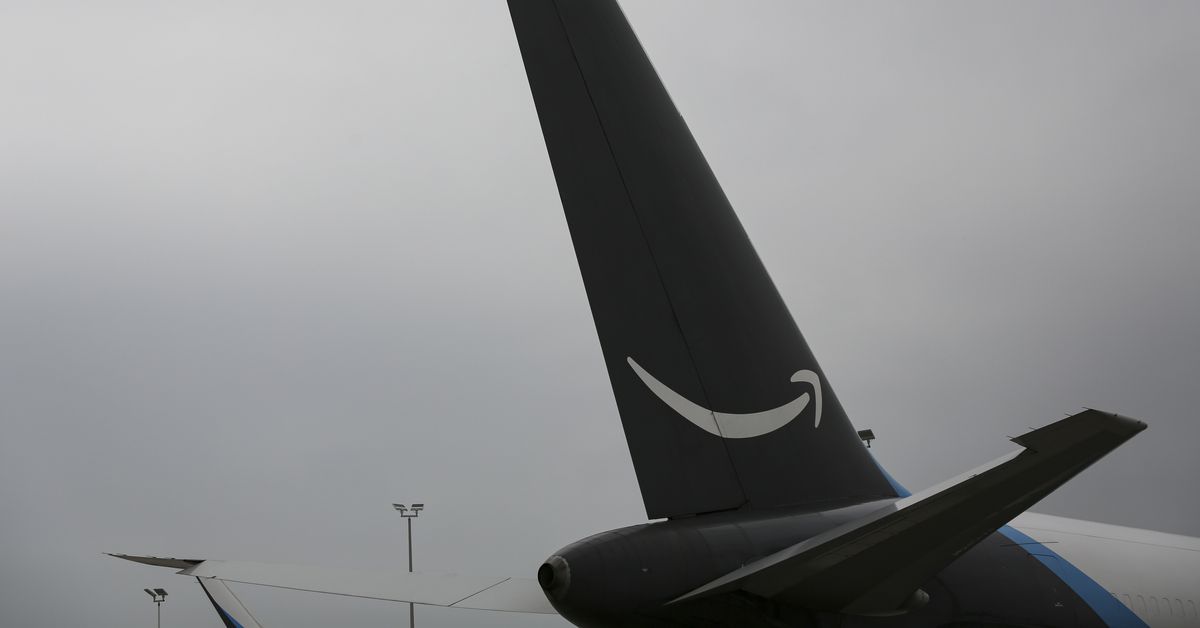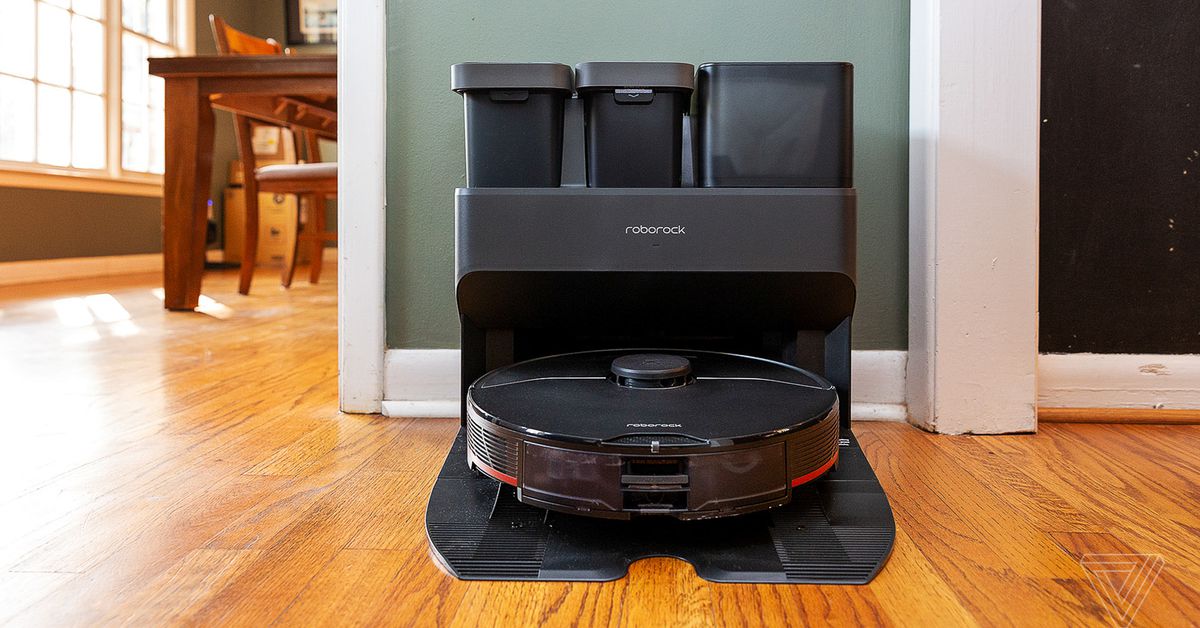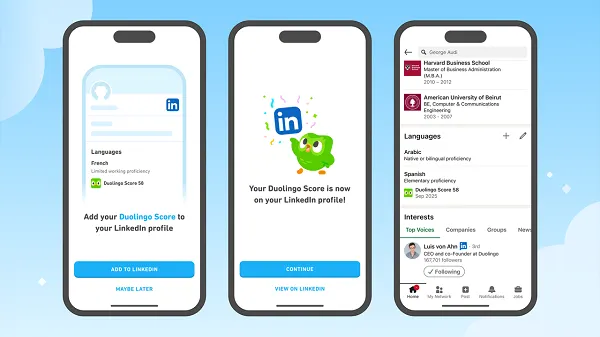Want to be an Amazon supplier? It could cost a piece of your company
Photo by Marco Bello / Anadolu Agency via Getty ImagesAmazon demands that suppliers let it buy up to 30 percent of their company at a fixed rate often below market valuation, according to a Wall Street Journal report. Amazon...

Amazon demands that suppliers let it buy up to 30 percent of their company at a fixed rate often below market valuation, according to a Wall Street Journal report.
Amazon has added these kinds of stipulations to contracts with companies that supply it with aircraft, Amazon Fresh groceries, and call center services more than 75 times over the last 10 years, according to the Journal. Its potential equity in other firms is valued at nearly $3 billion, according to Amazon’s latest quarterly financial filings.
These kinds of deals are called warrants, and they function similarly to stock options granted to employees of a company. Amazon gets the option to buy its supplier’s stock at a certain price, set before the deal is announced. When that stock shoots through the roof, Amazon can hold the warrants over the long-term or sell it off to make a tidy profit. Many of these deals are contingent on Amazon giving its suppliers a certain amount of business in a set time limit.
Here’s an example: as Amazon was trying to build out its logistics fleet with cargo planes, it was negotiating with Atlas Air Worldwide Holdings Inc for a 10-year lease. Part of the agreement Amazon proposed was the ability to buy 20 percent of the company over five years, with a potential 10 percent more equity later, according to the Journal report.
Atlas agreed, with Amazon’s fixed price for the stock set at $37.50. When the deal was announced, the stock rose 27 percent. Amazon later sold 9 percent of its stake in the company, able to pocket the difference between its initial $37.50 price and the inflated price after the announcement.
The deals could be considered a good thing for both sides of the agreement, as Bloomberg’s Matt Levine has argued. Levine refers to one of the deals discussed in the Journal article, where Amazon secured warrants for a potential 15 percent of grocery supplier SpartanNash.
He notes that SpartanNash’s stock jumped 26.3 percent the day the Amazon deal was announced, while Amazon only would be able to buy 15 percent of that equity market value. “26 is more than 15,” Levine shrewdly noted.
But Amazon reportedly strong-arms these companies into agreeing to otherwise unheard-of terms, relying on its enormous buying capacity and clout among investors. Former Amazon executives told the Journal that companies offered deals including warrants couldn’t refuse that part of the contract.
“There was definitely a sense that if it wasn’t agreed to there wouldn’t be a deal,” one source involved in the Atlas deal told the Journal.

 JaneWalter
JaneWalter 
































